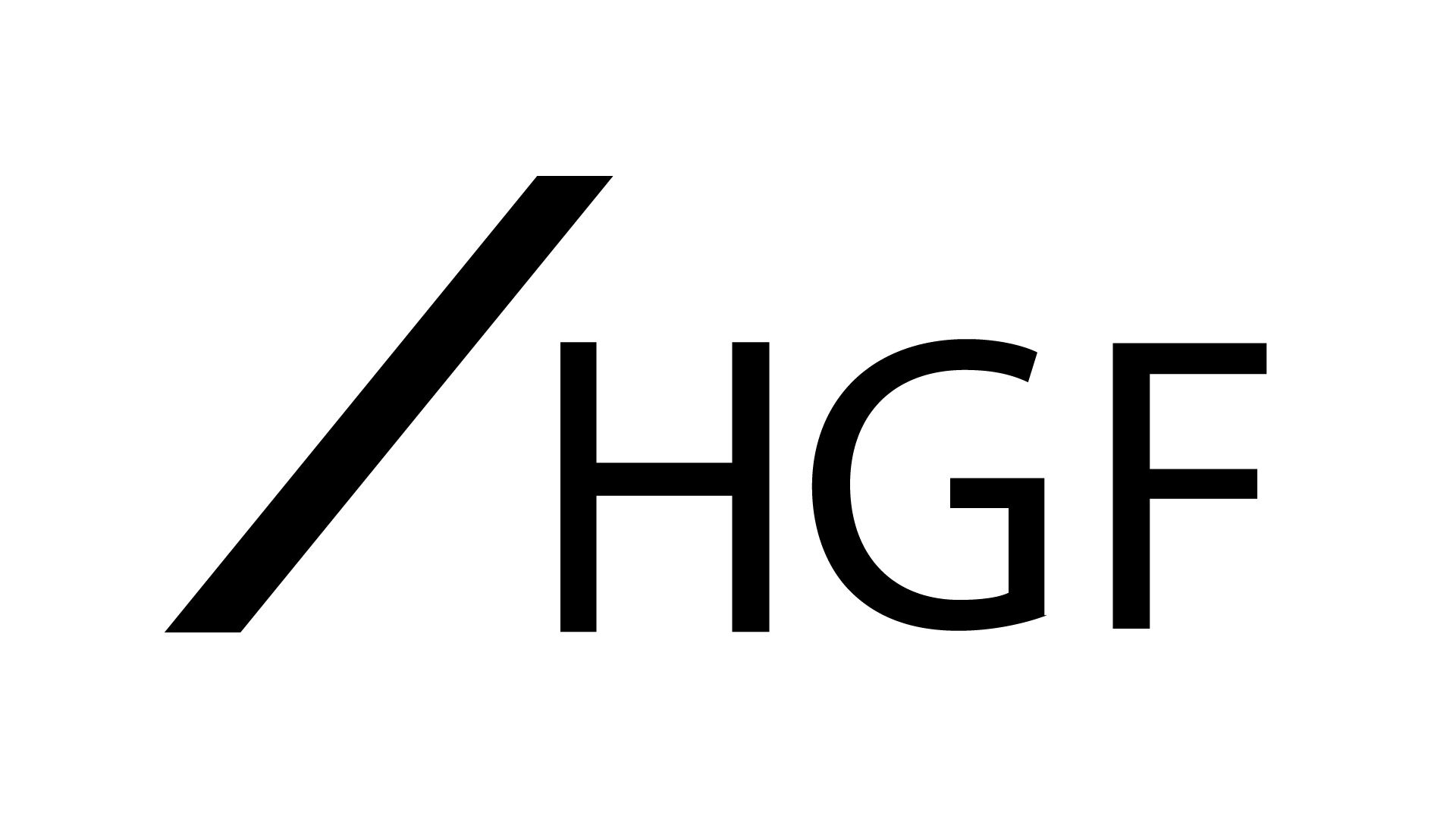News
Recording transactions at the EPO: New practice for signatures on evidence
March 2024
From 1 April 2024, the EPO will accept digital or text string signatures as alternatives to handwritten or facsimile signatures on contracts and declarations submitted as evidence to support requests for registrations of transfers and licenses.
Furthermore, provided the position of the signatory who is entitled to sign is expressly indicated in the supporting evidence, that entitlement to sign will no longer be checked by the EPO.
These changes will simplify the registration process for applicants and are more aligned to many other major jurisdictions and IP offices already accepting electronic signatures on assignments and licences, so supporting evidence can be used more consistently. The new rules will also apply to transactions concerning Unitary Patents (registered at the EPO).
Background
The new Notice from the EPO, when it comes into force on 1 April 2024, sets out that:
“ With a view to simplifying its procedures and promoting digital transformation, the European Patent Office (EPO) will accept a broader range of electronic signatures on documents submitted as evidence to support requests under Rules 22 and 85 and under Rules 23 and 24 EPC. In line with the signature requirements in the patent grant process, the EPO will accept handwritten signatures, facsimile signatures, and text string signatures within the meaning of Article 12(2) and (3) of the decision by the President of the European Patent Office dated 3 May 2023 concerning the electronic filing of documents. Documents bearing a facsimile signature or a text string signature may be filed either on paper or electronically using the EPO’s electronic filing services.”
The EPO Notice says it will accept digital signatures that use Public Key Infrastructure (PKI) technology, including advanced and qualified electronic signatures within the meaning of the EU’s eIDAS Regulation. It will also accept digital signatures that do not use PKI technology provided that:
- the documents in question are filed electronically;
- are legible; and
- are not infected with a computer virus and do not contain other malicious software.
The EPO says it will not examine the authenticity of the signature applied to a document. However, where any doubts over its authenticity arise, the EPO will require clarification and may request further evidence.
Entitlement to sign
A further simplification of EPO practice concerns examination of an individual’s entitlement to sign on behalf of a legal person in respect of registration of assignments and licences. Where a person is entitled to sign by virtue of their position within the legal person, this position needs to be expressly indicated. However, the entitlement will no longer be checked by the EPO. Best practice is sill to confirm the individual signing has authority to sign and then include the specific role/position of that person in the signature block of the assignment/licence that is to be recorded at the EPO.
It should be noted that these rule changes are only applicable to the recordal of transactions at the EPO and a successful recordal does not necessarily mean that the underlying assignment or license is valid. For example, it’s still imperative that a signatory has the appropriate authority to sign on behalf of a relevant party and whether or not an electronic signature is sufficient to provide a binding contract will depend on the laws governing the contract at the time.
If you would like further advice on this change in EPO practice, please speak to your usual attorney.





























